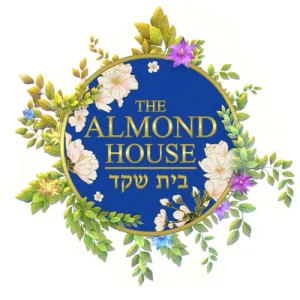Reading the Bible is essential for Christians because it is the primary way to understand God’s will, deepen one’s faith, and grow spiritually. The Bible offers timeless wisdom, guidance, and encouragement, helping believers navigate life’s challenges while remaining grounded in God’s truth. By reading the Scriptures, Christians strengthen their relationship with God, gain clarity on moral and ethical decisions, and find comfort in His promises. Regular Bible reading fosters spiritual growth, nurturing a heart that is aligned with God’s purpose and love. It also empowers Christians to live out their faith with conviction and share the gospel with others.
For some, reading the Bible can feel like a daunting task, and many readers are unsure of where to begin. While the New Testament is often recommended and can certainly be a great starting point, it overlooks the foundational scriptures known as the Torah. It’s important to recognize that, although the Bible contains 66 books, they all come together to tell a unified story. If we wouldn’t begin a book at its end, why should we approach the Bible in that way, especially with its most important sections?
Focusing on the foundation of Scripture deepens our understanding of the entire Bible. In 2 Timothy 3:16, Paul writes, “All Scripture is God-breathed and is useful for teaching, rebuking, correcting, and training in righteousness.” It’s crucial to recognize that, at the time Paul wrote this, the New Testament had not yet been written. He was referring to the Old Testament, or Torah. While it’s true that all Scripture is God-breathed, understanding the context of Paul’s statement helps us grasp the full meaning of what he was emphasizing.
This is our family’s fourth year approaching Scripture as a unified whole rather than two separate sections, and it has been truly beautiful. Coming to this understanding has allowed us to see God’s presence throughout all of Scripture—His character, love, grace, and His unfolding plan across time. Grab your Bible and dive in! Watch God work in your life as you seek Him daily through His Word!
What is the Torah and or Torah Portions?
The Torah, the first five books of the Bible (Genesis, Exodus, Leviticus, Numbers & Deuteronomy), serves as the foundational text for Christian faith, as it contains the laws, teachings, and stories that establish the basis for God’s covenant with His people. Christians recognize the Torah as part of the Old Testament, and it reveals God’s nature, His moral standards, and His redemptive plan, which culminates in the life and work of Yeshua Hamashiach/Jesus Christ. While the Torah primarily addresses God’s relationship with the Israelites, it also contains prophecies and foreshadows aspects of the New Testament. Torah portions are the weekly divisions of the Torah, typically read in synagogue settings. Each portion, or “parsha,” is assigned to a specific week in the Jewish liturgical calendar, allowing for a systematic reading of the Torah over the course of a year. These portions are broken into sections for each week, containing a torah, prophet, writing and gospel reading sections. They provide an opportunity for reflection, teaching, and discussion, helping to connect Christians with the rich heritage of the Jewish faith and the broader narrative of God’s salvation plan.
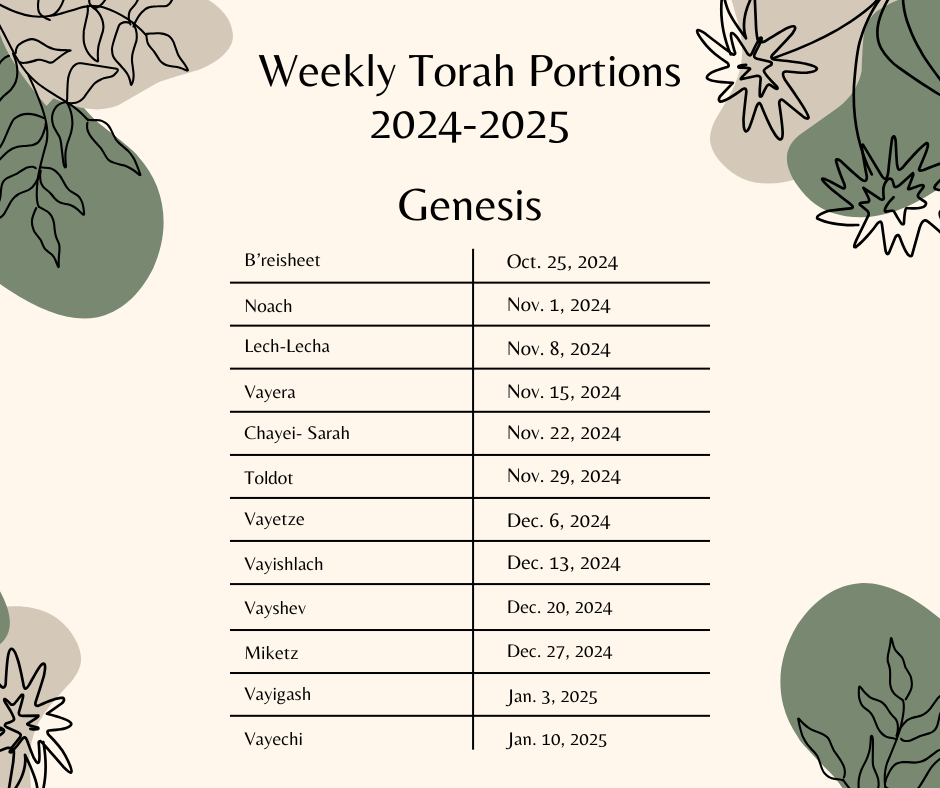

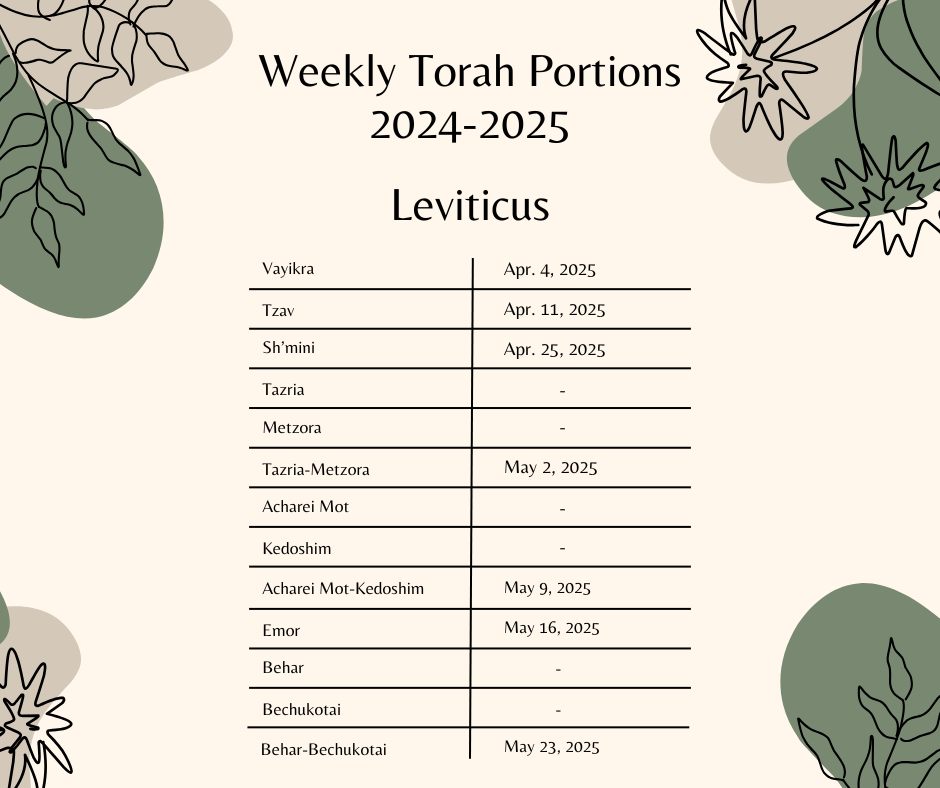
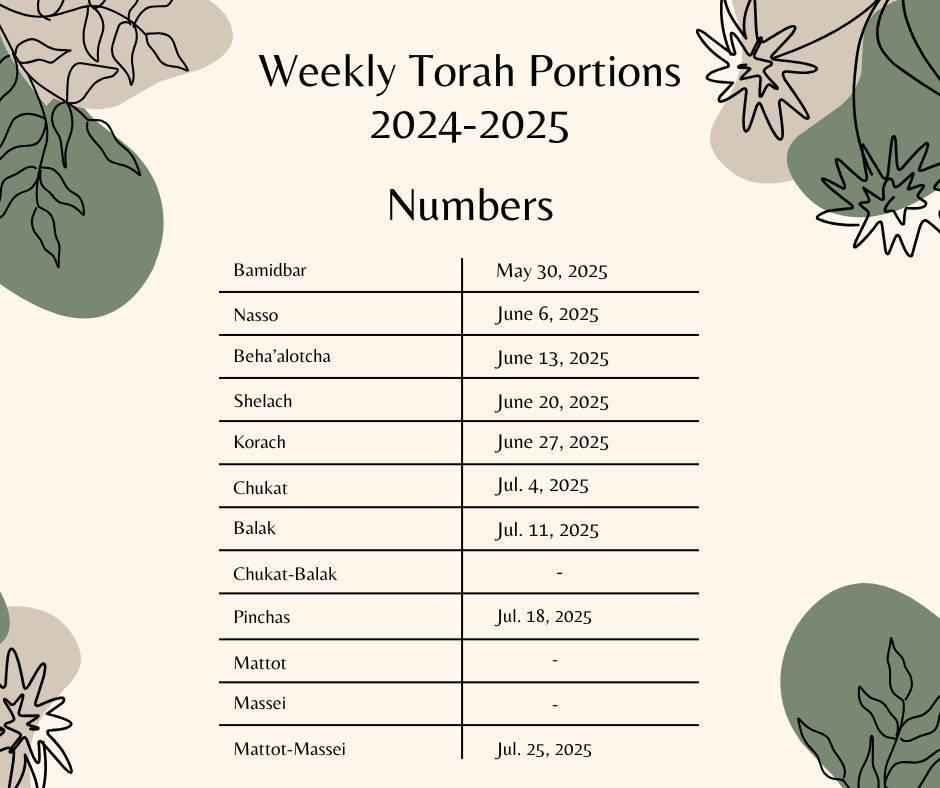
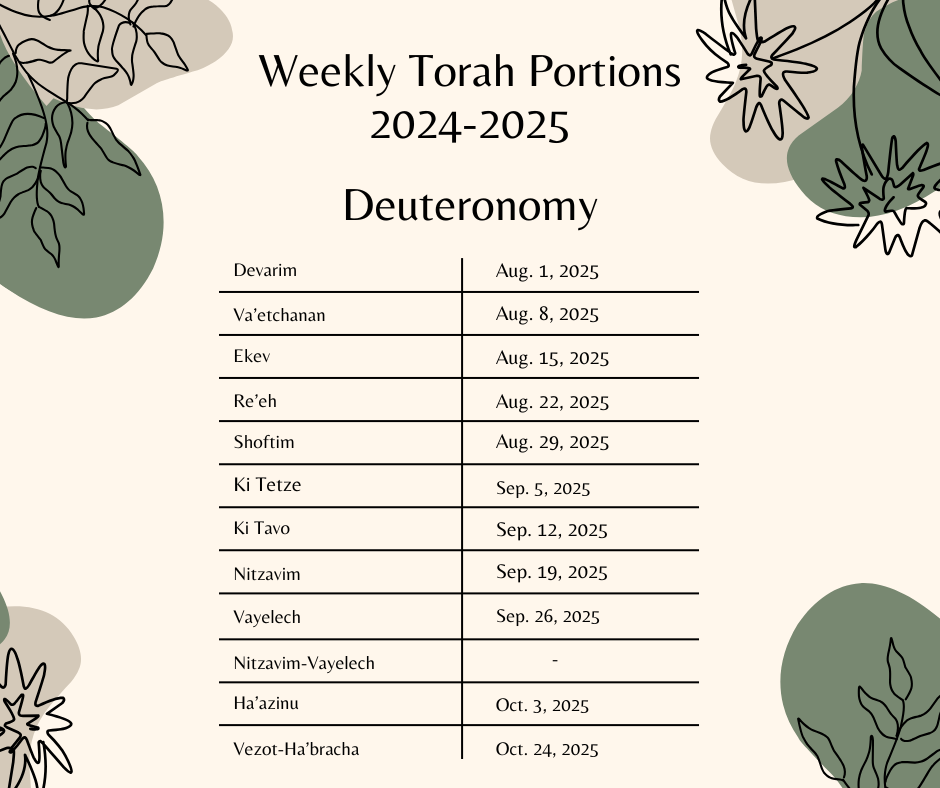
The entire Torah is divided into 54 portions. Each ‘parsha’ has a distinct name, typically taken from a key word or theme in the first verse of the portion. For example, the first portion, “Bereshit,” is named after the Hebrew word for “In the beginning,” marking the start of Genesis and the creation of the world. These portions are read in sequence throughout the year, providing a structured way to engage with the Torah’s teachings. The names of the parshiyot often reflect the central themes or events of the texts they cover, guiding worshippers in understanding the message of each week’s reading.
Reading the Bible in a Year!
If following the Torah Portions is to heavy or to much of a deeper study, here are several other really great study resources!
Online Teachers & Organizations We Recommend
Here are some teachers and online organizations that we recommend. These Christian pastors approach Scripture as a unified story through the lens of Yeshua/Jesus. These pastors emphasize the deep connection between the Old and New Testaments, helping believers see how the entire Bible points to the life, death, and resurrection of Yeshua/Jesus as the fulfillment of God’s promises. Their teachings highlight the rich heritage of the Hebrew Scriptures while revealing how the life and ministry of Yehua/Jesus bring deeper understanding and fulfillment to these ancient texts. For those seeking to grow in their faith, these pastors offer a unique and transformative perspective that enriches one’s understanding of God’s Word, showing how Yeshua/Jesus is at the center of God’s plan from Genesis to Revelation.
In all things, it’s essential to carefully test everything anyone tells you regarding biblical interpretation and understanding. Always approach teachings with discernment, comparing them against Scripture to ensure they align with the truth.
We warmly invite you to join us on our YouTube channel! Each week, we strive to upload a new video or go live on Saturdays to share the weekly Torah Portion Scripture with you. We’d love for you to be part of our community!
We choose Saturdays because our family honors the biblical seventh-day Sabbath, understanding that God’s command for rest on this day has never been changed. From the very beginning of creation, God set aside the seventh day as a time for rest and worship, establishing it as a sacred day of reflection. Throughout Scripture, we see that the Sabbath was consistently observed on the seventh day, and there is no biblical record of God ever changing this command to the first day of the week. By honoring the Sabbath on Saturday, we align ourselves with God’s original design, recognizing the importance of setting aside this day for rest, spiritual renewal, and fellowship. It is a time for us to pause from the busyness of life and deepen our relationship with God, as we follow His example of rest and worship.



